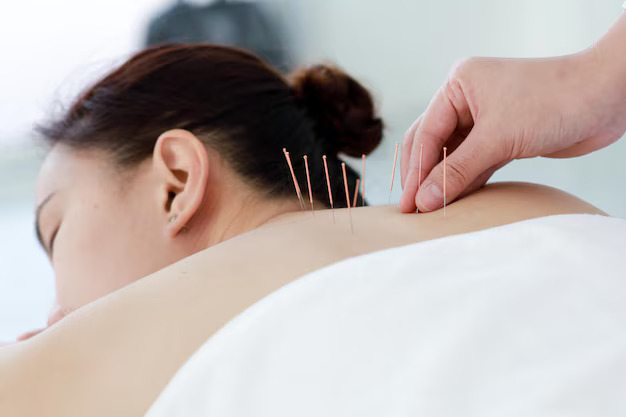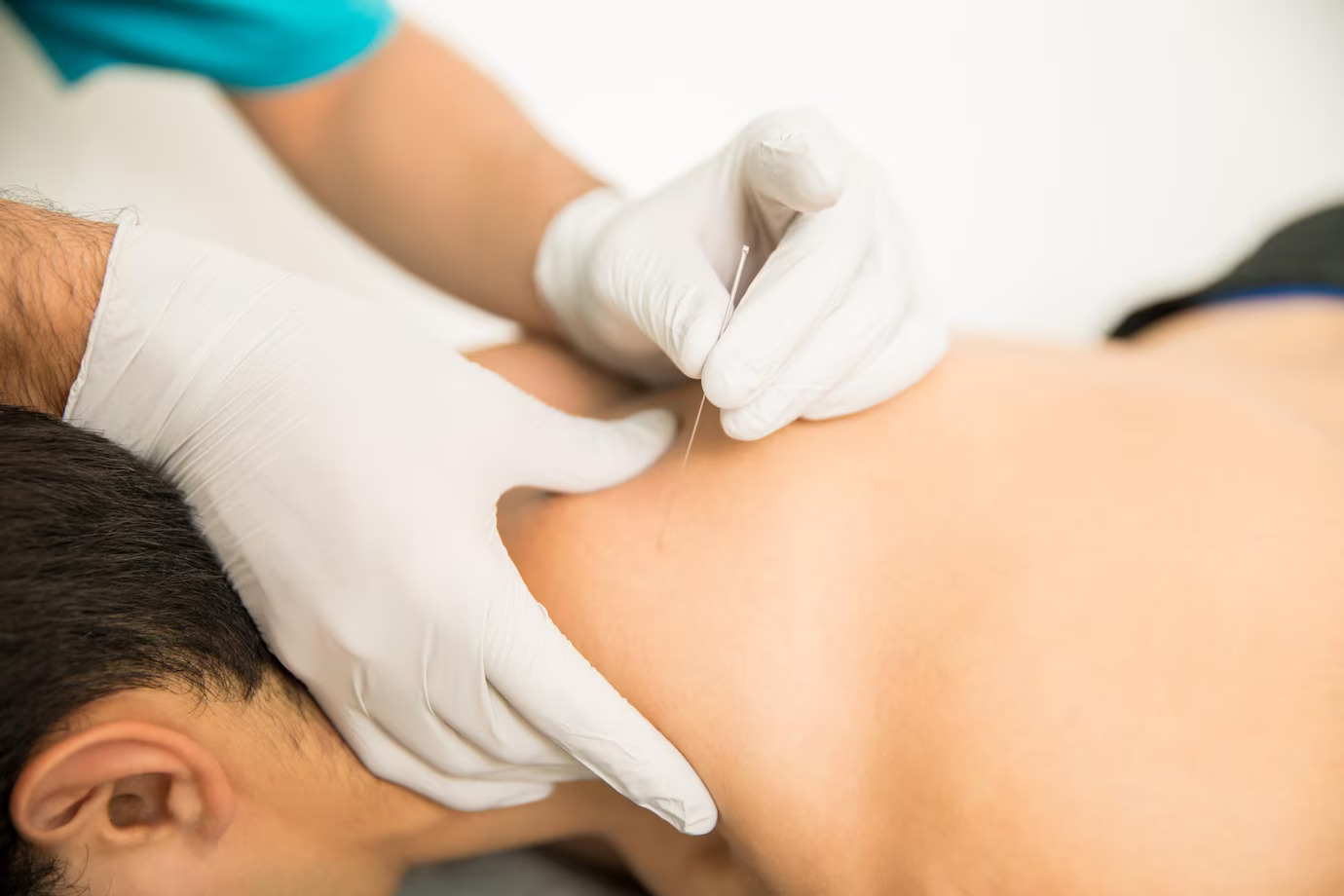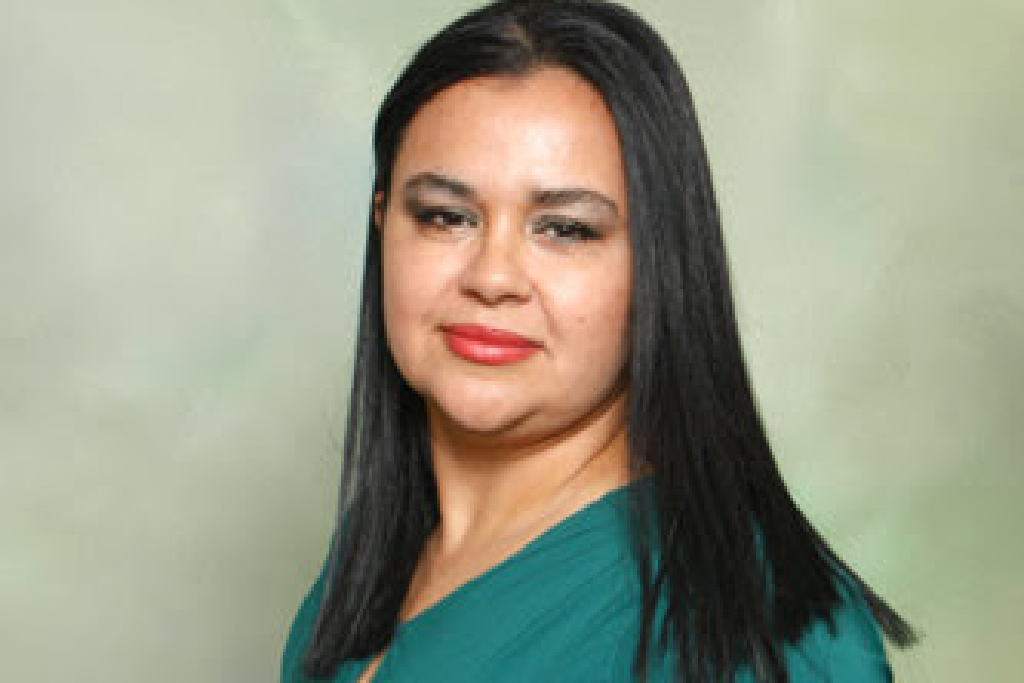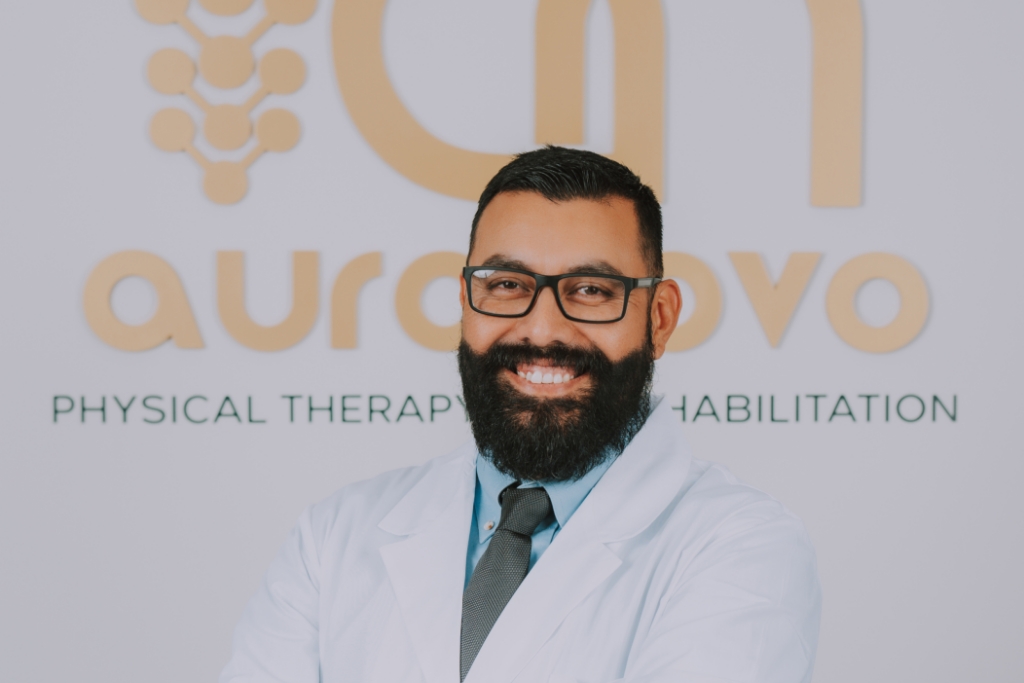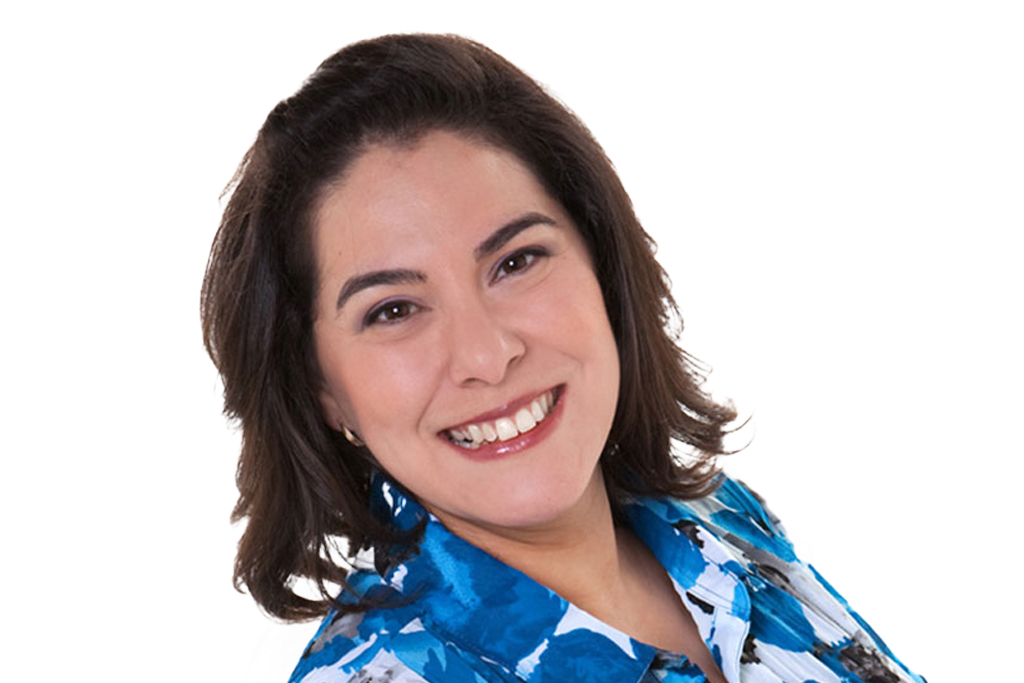Acupuncture vs. Traditional Medicine: Which is Best for Your Health?
When managing your health, you might find yourself choosing between alternative therapy in the form of acupuncture and conventional treatment provided by traditional medicine. Both acupuncture and traditional medicine offer advantages and are used differently to enhance your overall health. They are different, though, in terms of their methods, philosophies, and ways of treating different ailments.
So, if you’re not sure which method is more suited for you, learning the difference between acupuncture and traditional medicine and how they might work together can help guide your decision.
Also Read:- Can Acupuncture Help With Fertility? The Benefits You Need to Know
Acupuncture and Traditional Medicine
One part of traditional Chinese medicine, acupuncture, has been used for over a thousand years. It is performed by inserting small needles into certain places on the body, known as acupuncture points or acupoints. These points are thought to correspond with energy channels in the body known as meridians. The theory is that these channels of energy, known as Qi (pronounced “chee”), move along pathways in the body and affect different bodily functions. When Qi is out of balance or the flow of Qi is interrupted, it is known to cause pain, stress, anxiety, etc.
The main aim of acupuncture is to balance the flow of energy in the body, which is believed to heal and ease symptoms. Acupuncture is applied to cure a variety of health ailments, such as chronic pain, stress, digestive issues, and even some emotional problems. For most individuals, acupuncture is employed as a complementary treatment to enhance their general health and well-being.
Traditional medicine, especially as practiced in Western countries, is a medical approach focused on diagnosing and treating illnesses through scientific methods. This includes the use of medications, surgeries, physical therapy, and other established medical practices. Traditional medicine is often used for acute care, such as treating infections, managing chronic diseases like diabetes and hypertension, and performing life-saving surgeries. It relies heavily on diagnostic tools like blood tests, imaging, and laboratory analysis to guide treatment decisions.
Though acupuncture and traditional medicine might sound like quite different practices, they can complement each other to make you healthier. A lot of people incorporate acupuncture with conventional treatments to maximize their recovery and control such things as pain or chemotherapy side effects.
Also Read:- Is Acupuncture Safe? Everything You Need To Know Before Your First Session
What Acupuncture and Traditional Medicine Have in Common
While it is important to know that acupuncture is completely different from conventional medicine, the following are the few underlying principle similarities worth noting:
Both involve working towards health and well-being: The main goal of both traditional medicine and acupuncture is to make you feel better and healthier overall. Whether there is a chronic issue such as pain or an acute health issue, either tries to rebalance and restore our functions.
Both can be safe provided they’re in the hands of qualified professionals: Accupuncture and conventional medicine can be perfectly safe if performed by qualified practitioners. The most you want to do is have a competent practitioner whose techniques are well known and who has an adequate amount of experience. Both have primary consideration for safety, and both have minimal risk if applied properly.
The results: Most people have very positive results with acupuncture or traditional medicine. Pain relief, stress reduction, or sleep improvement-have helped many people accomplish their goals in this regard.
Also Read:- From Pain to Balance: Explore Acupuncture’s Wonders
Key Differences Between Acupuncture and Traditional Medicine
Although acupuncture and traditional medicine have similar objectives, they go about restoring one’s health in very distinct manners:
Acupuncture’s Holistic Approach: Acupuncture is part of traditional Chinese medicine, which rests on the notion that to maintain good health, the energy (Qi) of the body has to be balanced. When this energy gets blocked or unbalanced, pain or illness follows. Acupuncture therefore aims to restore balance by inserting needles into certain points on the body to influence the flow of energy and thereby stimulate the natural healing powers of the body. The integrative approach treats the body as a whole, addressing both causes and symptoms of health problems.
Traditional Medicine’s Scientific Approach: Traditional medicine, especially in the Western world, is founded on scientific principles; it seeks to diagnose and cure health problems with well-documented procedures such as medications, surgery, and therapies. Doctors identify the root cause of any health issue through blood tests, imaging, and other diagnostic methods, then choose how to treat it best. Conventional medicine tends to be more focused, directly intervening to treat specific symptoms or diseases, as distinct from acupuncture, which emphasizes more on energy flow and balance.
Some of the main differences are:
Treatment Methods: Treatment involves acupuncture stimulation by using needles on particular areas of the body in order to correct the energy flow. While traditional medicine resorts to drugs, surgeries, and other forms of medicine according to current science in treating a certain illness.
Scope of Use: Traditional medicine is often used for acute care, including treating infections or handling severe conditions like diabetes, hypertension, or infections. It’s also applied in emergency cases, such as surgery or life-saving interventions. Acupuncture, on the other hand, is used more for chronic conditions like pain, stress, anxiety, digestive issues, and other long-term illnesses.
Scientific Support: There is a solid scientific basis for traditional medicine. Treatments are researched and tested for their effectiveness, so traditional medicine is the most preferred method for dealing with acute conditions or emergencies. Acupuncture, though widely applied and effective for most, has fewer scientific foundations, although research continues to be conducted. Most still resort to acupuncture due to its long history and effectiveness in managing chronic illnesses.
Can Acupuncture and Traditional Medicine be Combined?
Yes, acupuncture and traditional medicine can most certainly be combined to benefit your health. In fact, quite a few individuals have found that using both is the best of both worlds. Traditional medicine is useful for dealing with acute ailments, while acupuncture can assist with chronic diseases and enhance the body’s own healing process.
For instance, acupuncture may be used to alleviate pain following surgery, mitigate chemotherapy side effects, or relieve stress and anxiety associated with an illness. It may also be combined with conventional therapies to enhance overall health. Employing both methods combined may strengthen recovery, decrease symptoms, and enhance your quality of life.
Conclusion
Both traditional medicine and acupuncture are good methods of achieving good health, although they are based on different mechanisms. The primary focus of traditional medicine is diagnosis and treatment of a sickness with the aid of a scientific methodology, whereas acupuncture concerns the balance of energy flow through the body. Whether you use acupuncture, traditional medicine, or both, just make sure to deal with an experienced professional who can identify your special needs and accompany you through the healing process.
Knowing about traditional medicine and acupuncture will help make the decision of what will work for your health and wellness. Both will alleviate pain, stress, and a variety of maladies, and can be employed in conjunction for optimum health benefit.
Frequently Asked Questions (FAQs)
1. What is acupuncture?
Acupuncture is the process of inserting thin needles into certain points on the body to assist in balancing the energy (Qi) flow and help in healing.
2. Is acupuncture safe?
Yes, acupuncture is safe when done by a qualified practitioner.
3. Is acupuncture painful?
Acupuncture is generally painless, with only a slight pinch when the needles are inserted.

